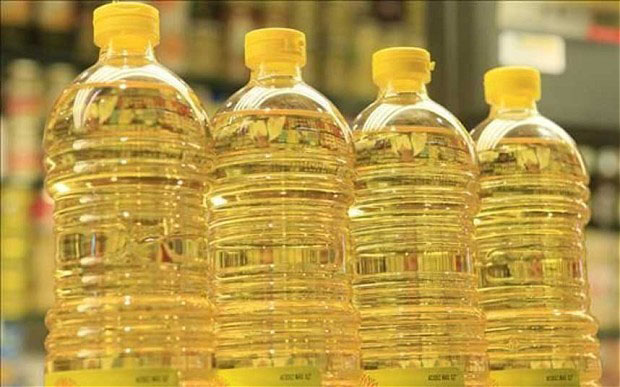EDITORIAL COMMENT : Fuel handling laws must be standard

Cases of people being burnt after fuel, mainly petrol stored in houses or in backyard storage facilities explode, were more prevalent during the height of the economic crisis between 2007 and 2008.During that period, most filling stations were dry and unscrupulous dealers took advantage of the crisis to sell fuel to motorists in risky environs which saw a number of people being burnt after fire accidentally broke out.
Following the introduction of the multiple currencies, there has been stability in many facets of the economy and the fuel sector also benefited from the solid economic environment.
In yesterday’s issue, we carried a story of Epworth families which lost two children while four other relatives are battling for life at a city hospital after sustaining serious burns in a petrol and cooking gas explosion on Christmas Day.
The incident extinguished what had initially promised to be a fun-filled Christmas Day for two the families. The inferno also reduced to shells three cars, while property worth thousands of dollars also went up in smoke.
The incident reminds us of the tragic death of about 11 people in a fuel tanker explosion in Sunningdale, Harare, in June, 2011.
When such disasters strike, there is no need to play blame games. In fact it calls for the interrogation of the country’s fuel regulation laws in terms of how water tight they are and the level of penalties imposed on those who violate them.
Given that such incidents continue to happen might mean some enforcers of fuel transportation and handling regulations at times sleep on the wheel only to awaken when disaster strikes.
We, therefore, demand that the Zimbabwe Energy Regulation Authority (ZERA) presses for amendment of some sections of the Petroleum Act so that it conforms with new and emerging crimes associated with dealings in petroleum products.
It is also our humble submission that no one should be allowed to deal in petroleum products without a licence and that such permits should only allow the dealers to operate in non-residential areas.
Stiffer penalties including jail terms should be imposed on people illegally dealing in fuels without licences and operating in residential areas.
We also challenge the authorities to constantly check for fuel leaks in formal service stations to control pollution and fire outbreaks in the future.
Fuel stations that sell fuel to individuals in plastic containers should also face the music because it is the same fuel that is later sold in containers at the backyard, at times leading to disasters.
Motorists also have a fair share of the blame for causing the proliferation of backyard service station because a majority of them do not plan for their journeys. Others have vehicles with fuel gauges that do not work. It is such motorists who provide ready market for backyard service stations.
We implore the law enforcers not only to check for worn-out tyres, demand to see driver licences from motorists, but also check if fuel gauges among other vehicle functions are working.
We believe it is every citizen to police our communities and ensure that they are safe by reporting all illegal deals through the use of police suggestion boxes.
Being mindful of the fact that some of these dealers are violent, anonymous reports to the law enforcers will help clean our societies of dangerous malcontents.
If all residents are responsible enough, disasters like the one that struck Epworth families could be avoided.








Comments